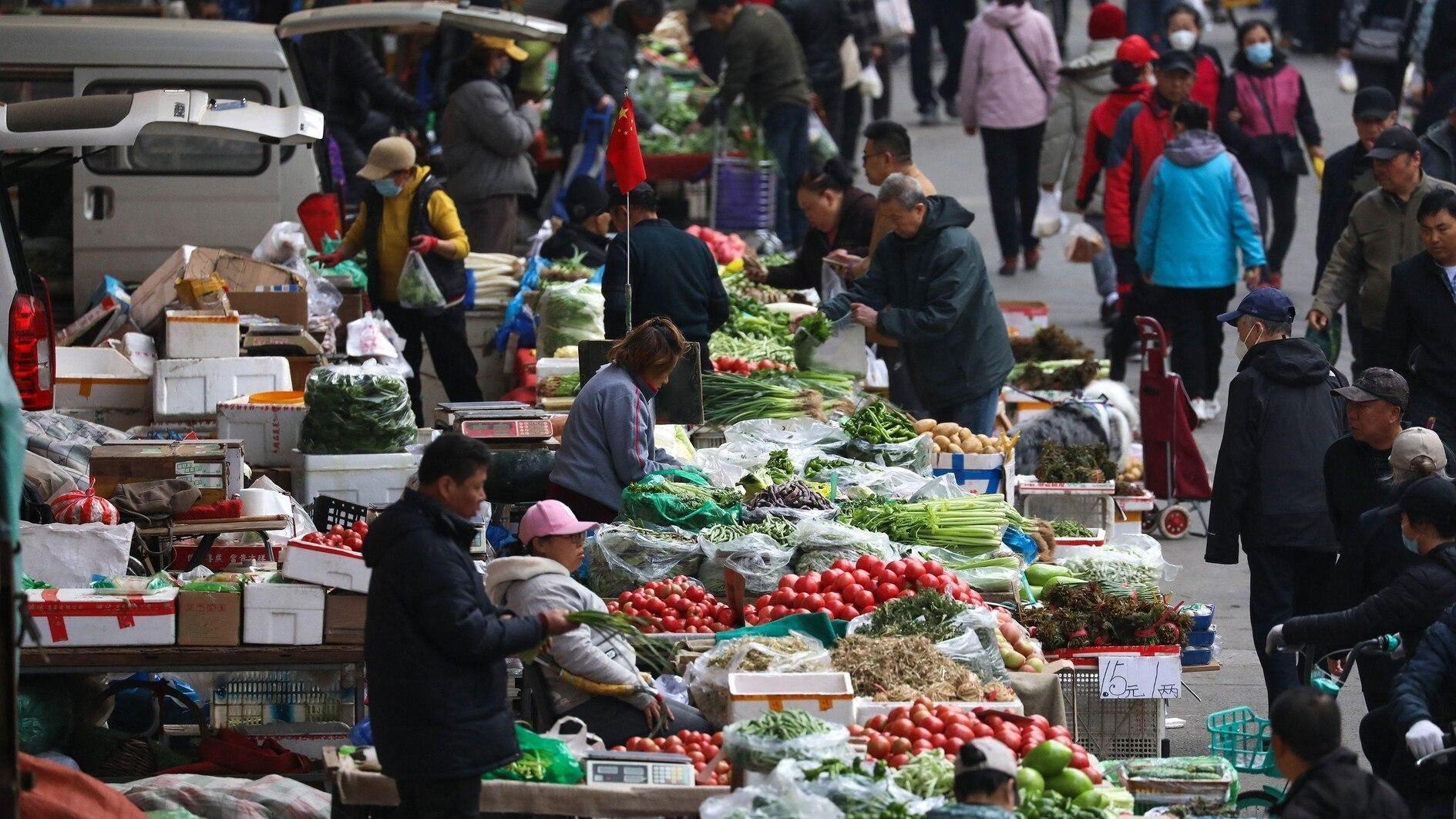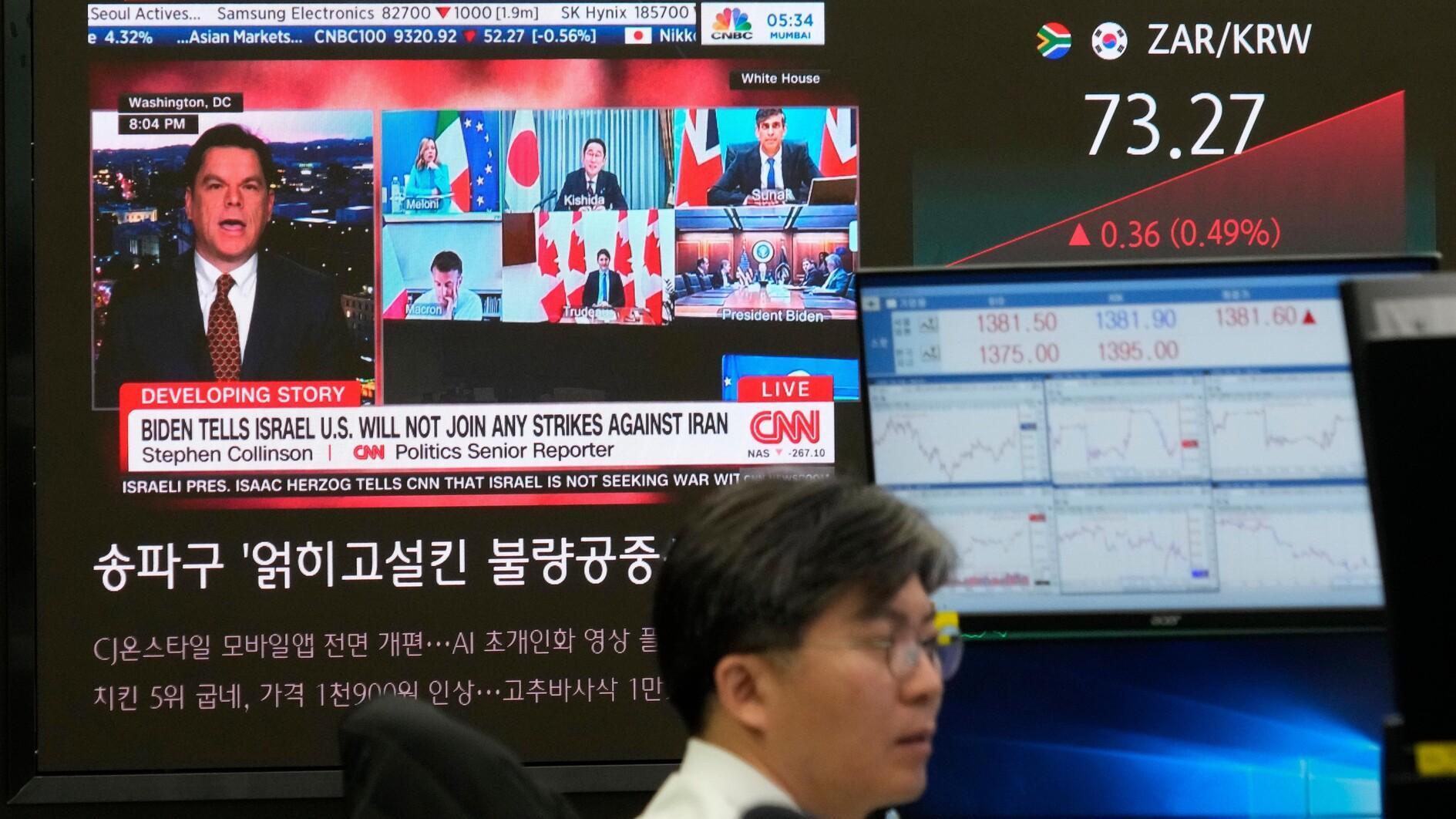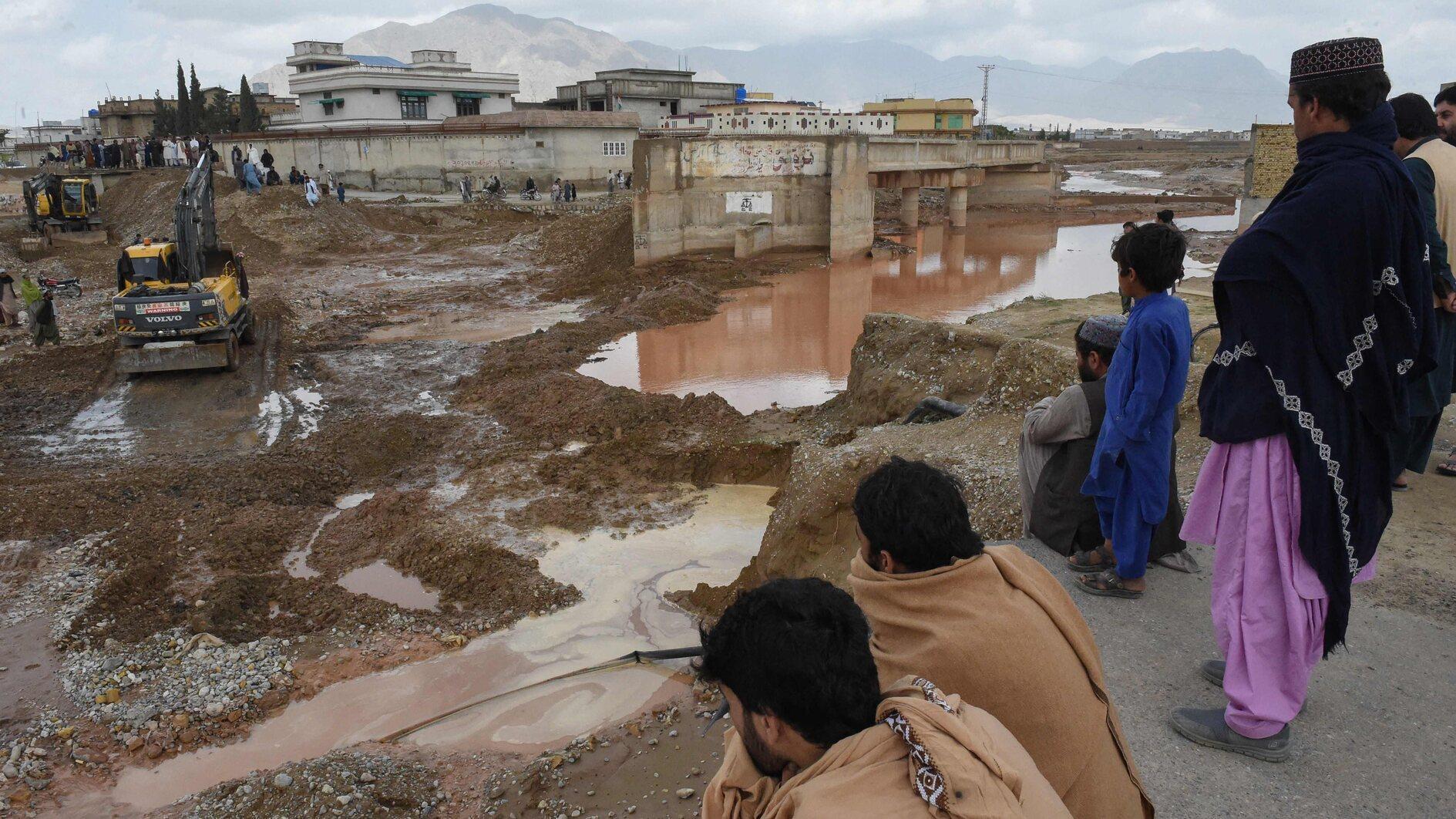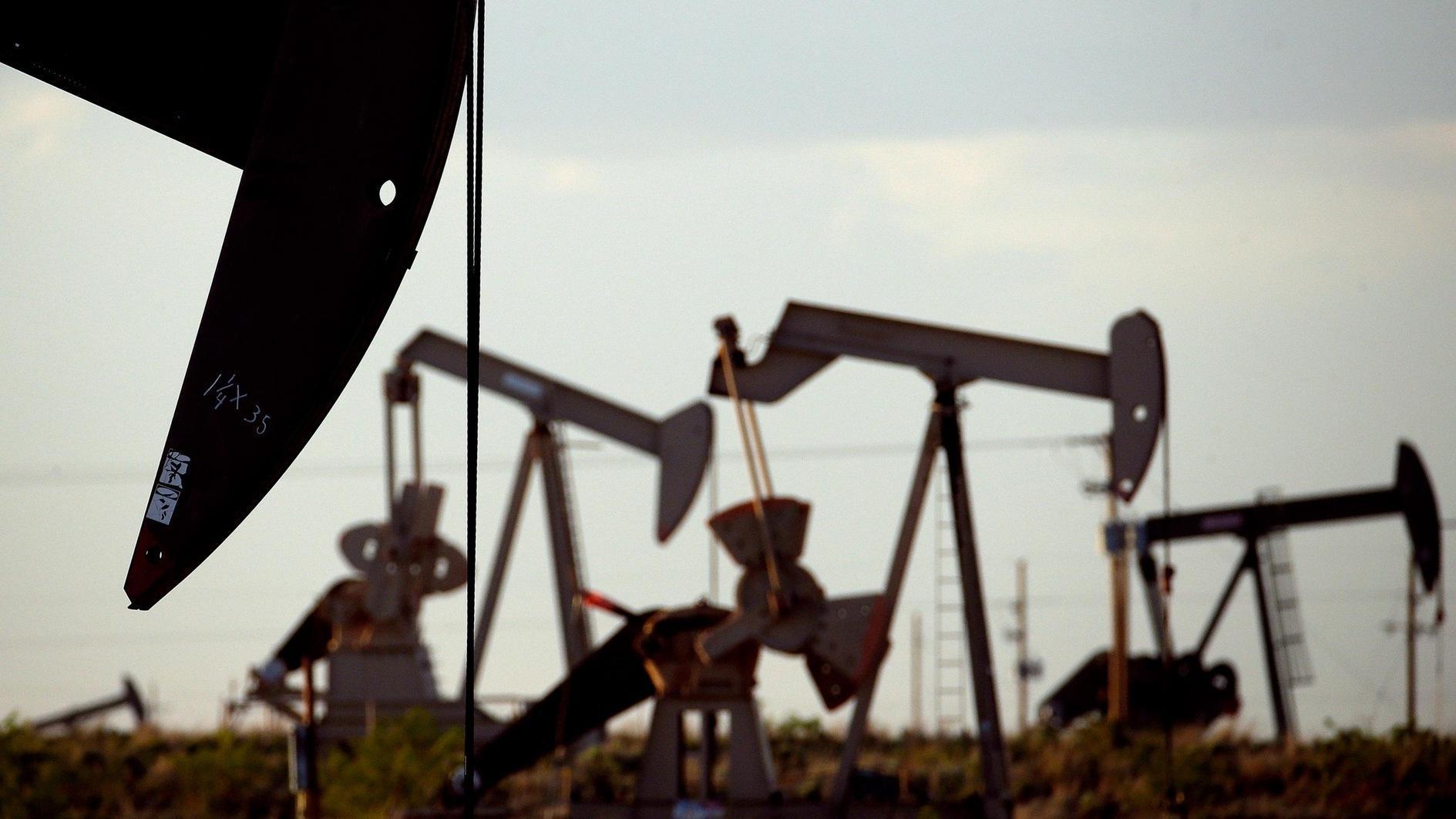Davutoğlu at work: Silencing media, banning journalism
One of the most visible characteristics of authoritarian rulers is restricting dissident voices through political pressure, curbing freedom of expression and imposing a crackdown on media outlets in order to silence any opposing voice. This column will cite just two incidents from last week, one in Russia and the other in Turkey, to illustrate how this authoritarian understanding is being implemented.
On April 1, Russian authorities shut down a television channel operating in Crimea as the voice of the nearly 250,000 Crimean Tatars after Russia’s state media regulator refused to give it a broadcasting license. The move was seen as the latest salvo in Moscow’s crackdown on the pro-Ukrainian community that opposed Russia’s annexation of the Crimean peninsula.
Western powers, including the United States, the European Union as well as human rights organizations and press associations, have strongly criticized Russia for silencing the Crimean Tatar television channel. A similar reaction came from Turkey, too, which is closely following the developments in Crimea with concerns that Crimean Tatars’ rights and freedoms will deteriorate under Russian rule.
Turkish Foreign Minister Mevlüt Çavuşoğlu cited the banning of the television channel as “another example of the oppression of the Crimean Tatar people” while his Foreign Ministry issued a written statement on the development recalling that “press freedom is an inseparable part of pluralism and democracy.”
On the same day Russian authorities silenced a television channel, Turkish Prime Minister Ahmet Davutoğlu issued an instruction not to allow certain media outlets, including daily Hürriyet and all Doğan Media outlets, to cover the funeral ceremony of a prosecutor that was killed by two far-left terrorists.
Davutoğlu slammed media outlets for printing a picture of terrorists holding a gun to the slain prosecutor’s head and therefore becoming a tool of terrorist propaganda. He called the action “immorality” and openly expressed that it was his instruction to prevent correspondents from the aforementioned media outlets from covering the mass funeral.
This infamous accreditation implementation was first put in practice late last year against media outlets believed to be part of the Fethullah Gülen community on claims they were part of the parallel structure within the state aiming to undermine the government.
It seems the campaign against the Gülenist media is about to be expanded to other dissident media organizations, including Doğan Media, Turkey’s largest independent media group. Some pro-government newspapers went too far in their April 3 editions by trying to associate the Doğan Group with the outlawed Revolutionary People’s Liberation Party-Front (DHKP-C), the far-left terror organization that killed the prosecutor.
Davutoğlu’s arbitrary and undemocratic move is perhaps a part of his government’s pre-election campaign aiming to consolidate his Justice and Development Party (AKP) grassroots by demonizing the country’s independent mainstream media. The prime minister is seemingly copying predecessor Recep Tayyip Erdoğan’s 2011 election campaign by further polarizing the country and dividing the people and institutions into “us and them.”
After abandoning the Kurdish peace process, a revisit to a nationalistic and sectarian language and reiterating restrictions on the media at the expense of curbing fundamental freedoms is obviously on Davutoğlu’s agenda. Undermining democracy and curbing freedoms just to win elections are not deemed moral in contemporary democracies.











